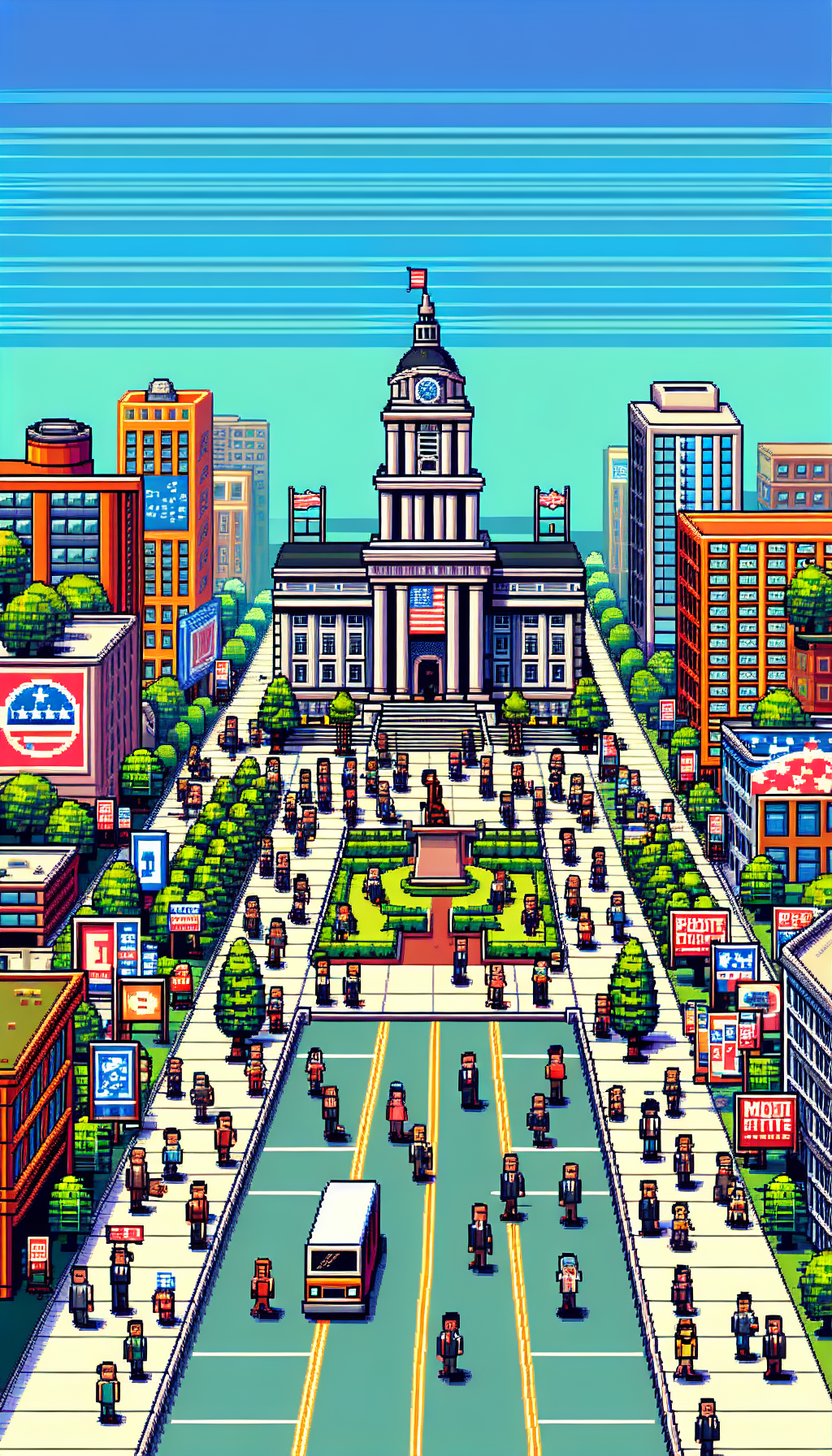
Today’s city politics are rapidly shifting, largely due to the influence of social media. With platforms like Twitter, Facebook, LinkedIn, and Instagram at everyone’s fingertips, politicians are leveraging these to reach out to their constituents, communicate their messages, and influence public opinion. It’s an exciting, yet challenging time for city politics indeed.
In the past, city politicians relied on traditional means of communication – town halls, press releases, or public meetings – to reach their constituents. These methods often allowed for a one-way communication stream, with politicians speaking and citizens listening. However, the advent of social media has evolved this dynamic and created a two-way communication stream, where both parties can engage and share their thoughts.
Social media platforms have become an essential tool in the modern politician’s arsenal. It’s a way to bypass traditional media gatekeepers and directly reach the public. Nowadays, politicians can share their views on current issues, upcoming policies, or even their personal lives, all in real time.
This instantaneity fosters a sense of connection and authenticity between politicians and their constituents.
These platforms also provide an avenue for politicians to address concerns, answer questions, and get direct feedback from the public. It creates an interactive dialogue, where citizens can voice their opinions, ask questions, or express their concerns directly to their elected officials. This real-time feedback is invaluable for politicians, helping them gauge public sentiment and adjust their strategies accordingly.
However, the rise of social media in city politics isn’t without its challenges. As it breaks down barriers, it also opens up politicians to public scrutiny and criticism.
Every post, tweet, or share is dissected and analyzed, with the potential to build or damage reputation. The immediacy and permanence of social media mean that politicians need to be more cautious than ever about their online presence.
Moreover, the question of authenticity arises. With the ability to curate and control their online image, politicians run the risk of appearing inauthentic or disingenuous. Balancing transparency with image management is a delicate task in the digital age.
Social media also raises concerns about misinformation. False narratives can spread like wildfire on these platforms, influencing public sentiment and causing confusion.
Politicians need to be vigilant in dispelling false information and ensuring their constituents are well-informed with accurate facts.
As we look towards the future, it’s clear that social media will continue to play a pivotal role in city politics. It offers a novel and effective way for politicians to connect with their constituents and engage in meaningful dialogue. However, it also calls for careful navigation, with politicians needing to cultivate authenticity, manage their digital image, and counter misinformation.
Ultimately, social media in city politics signals a shift towards a more participatory democracy.
It empowers citizens, giving them a direct line to their elected officials and a platform to voice their opinions. As politicians learn to adapt and navigate this digital landscape, they will undoubtedly find that social media can be a powerful tool, helping them serve their constituents better and build stronger, more responsive, and transparent city administrations.